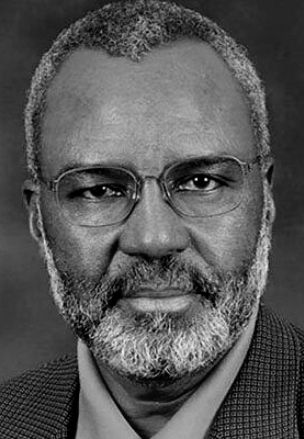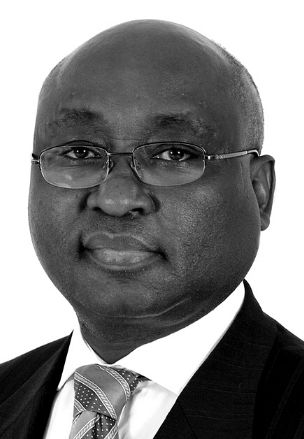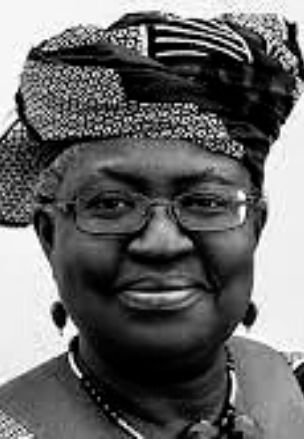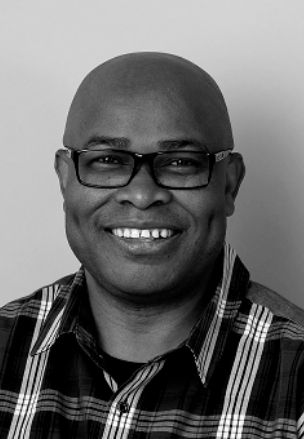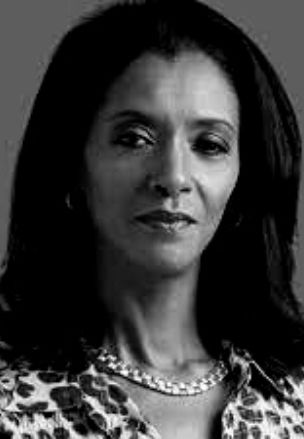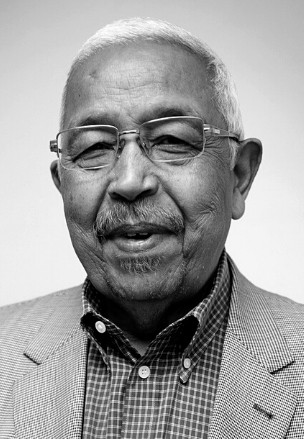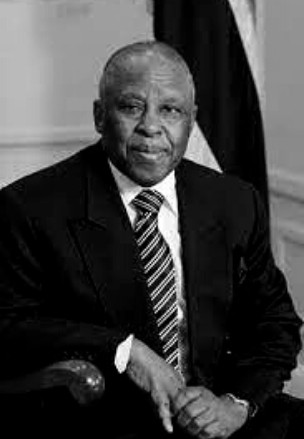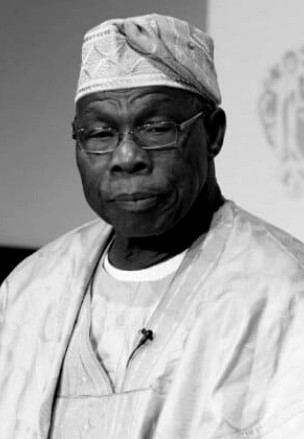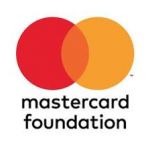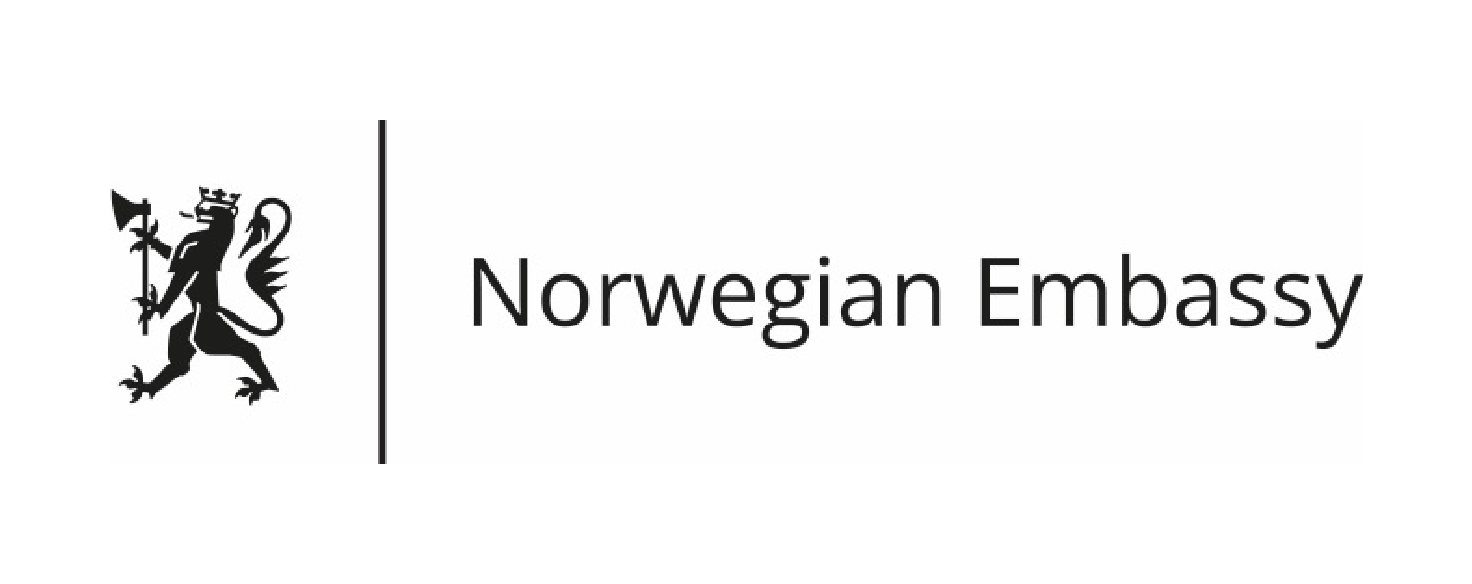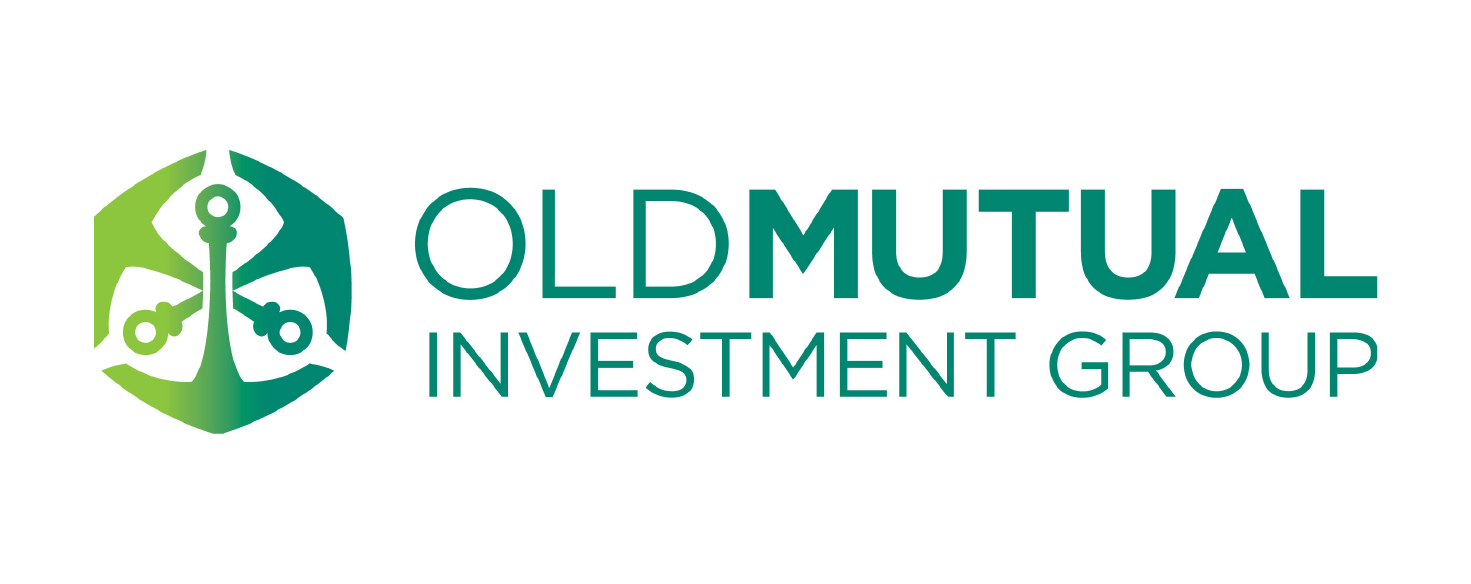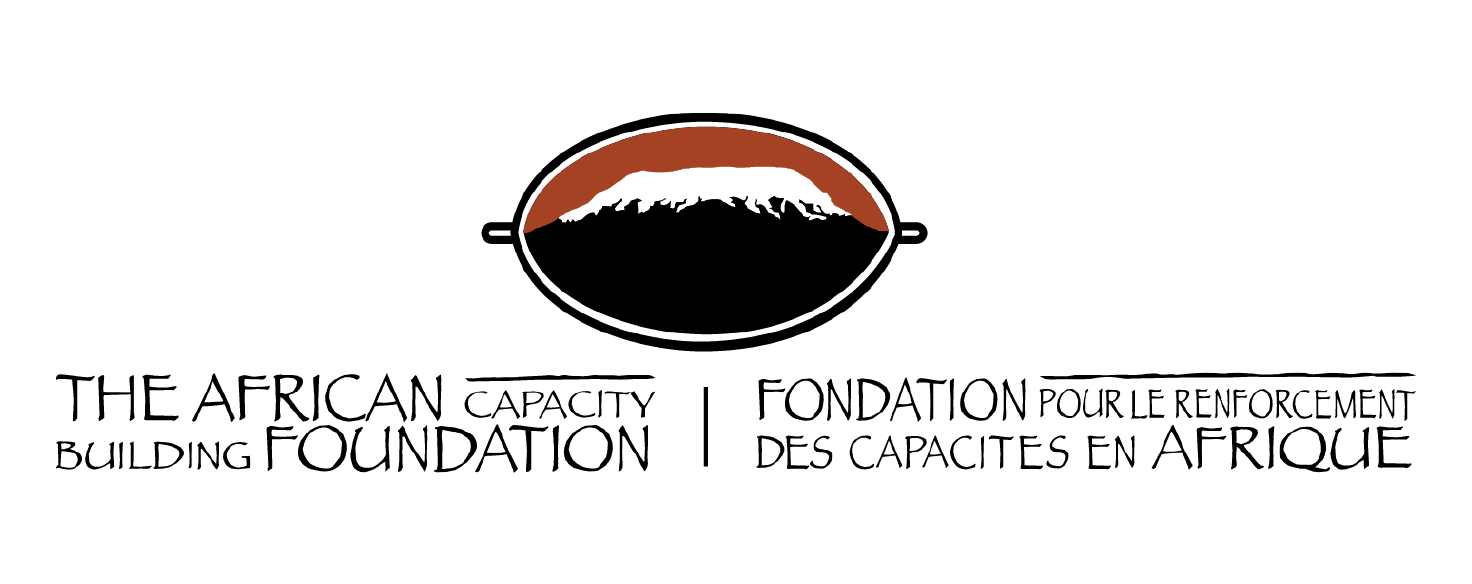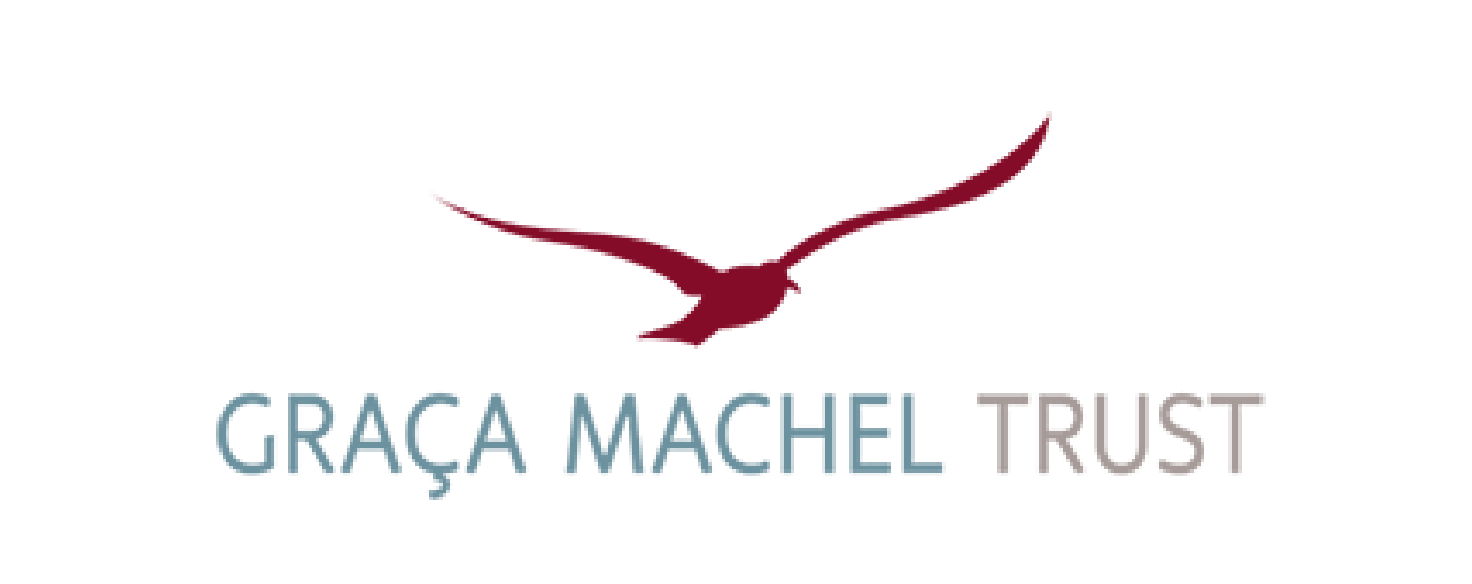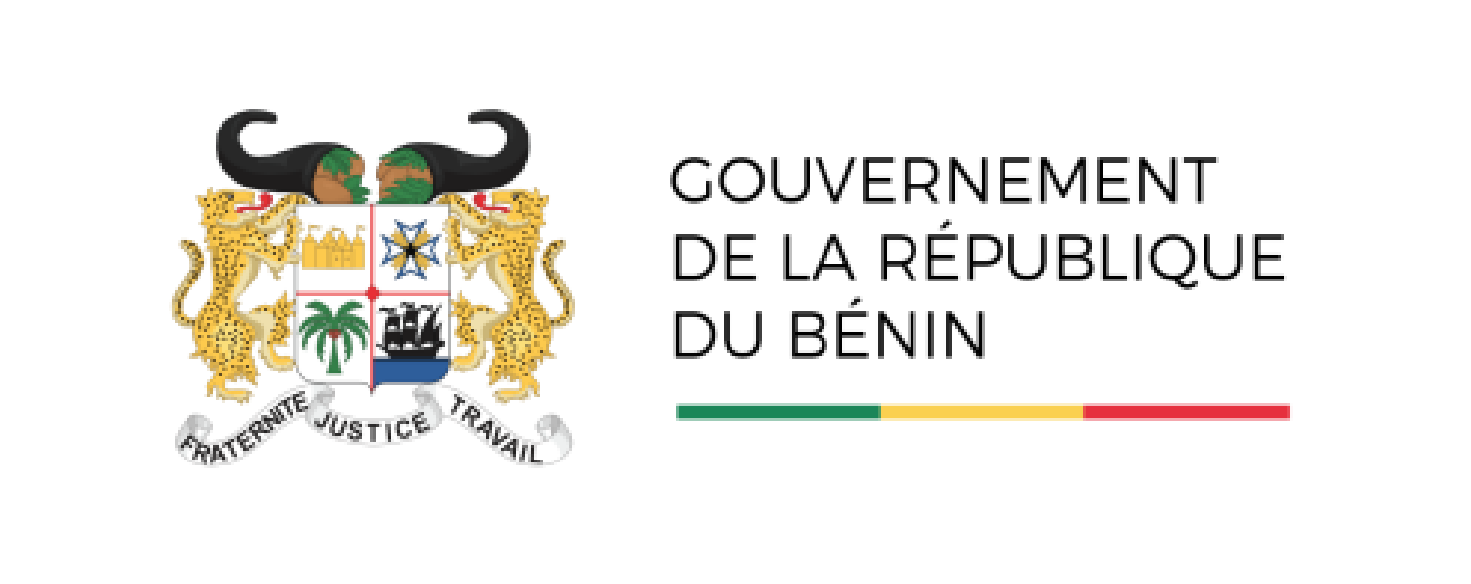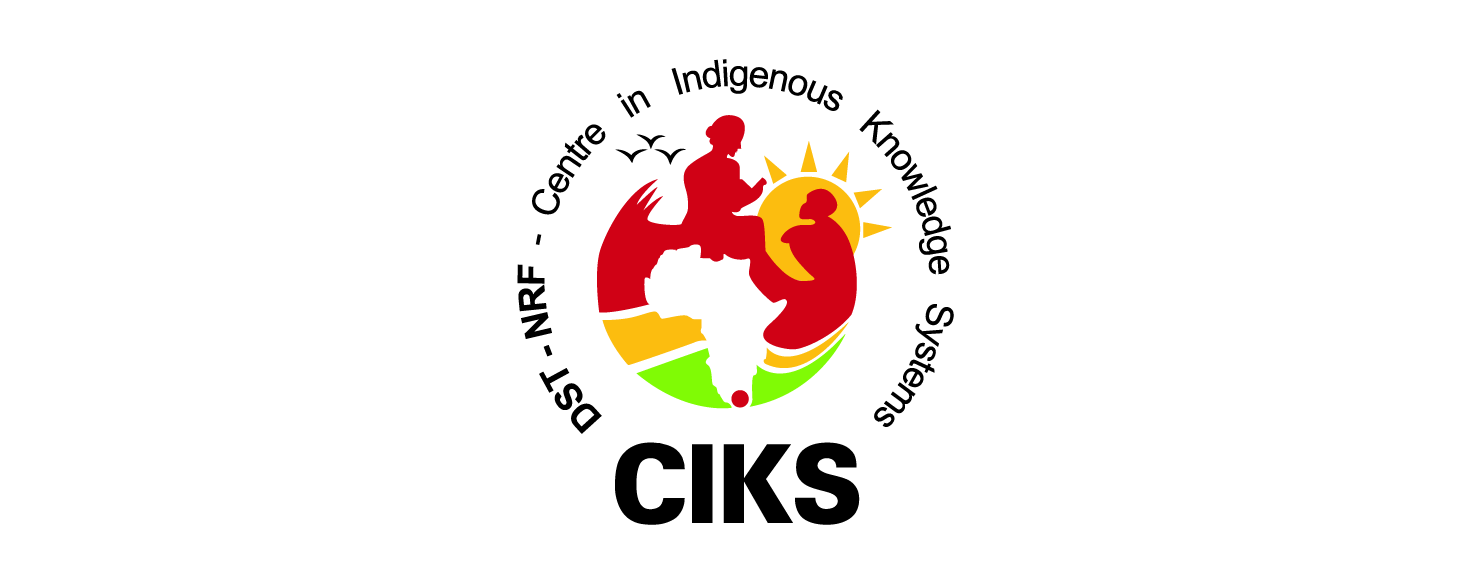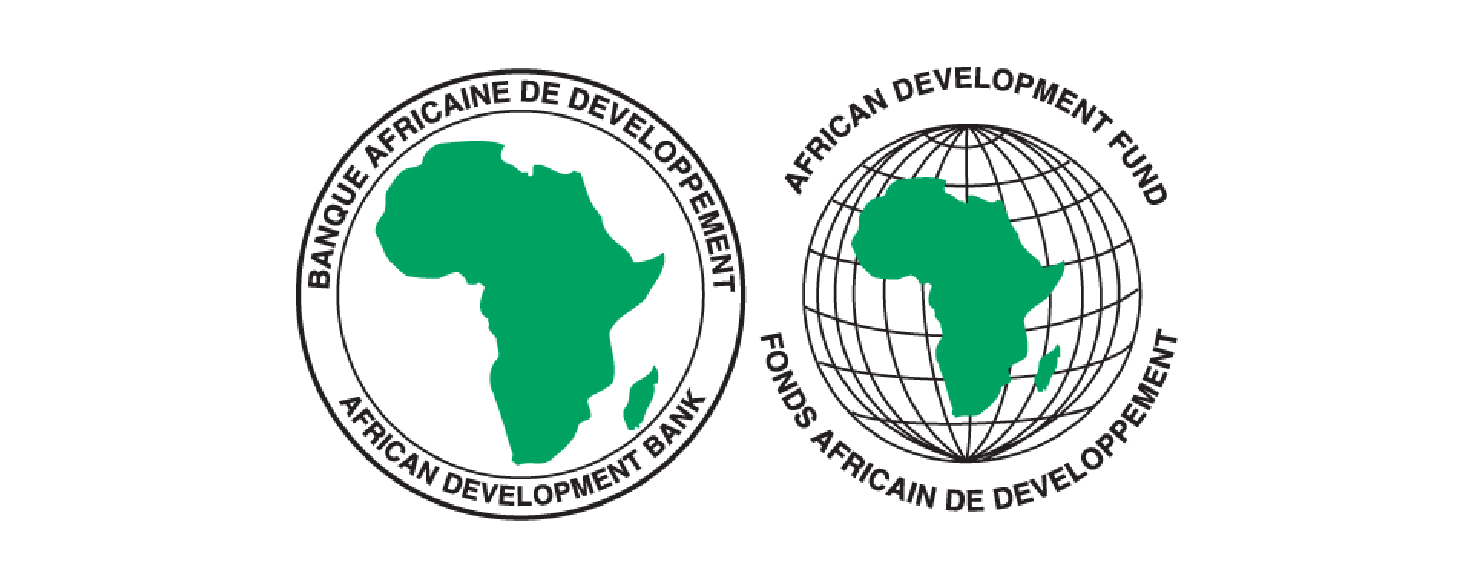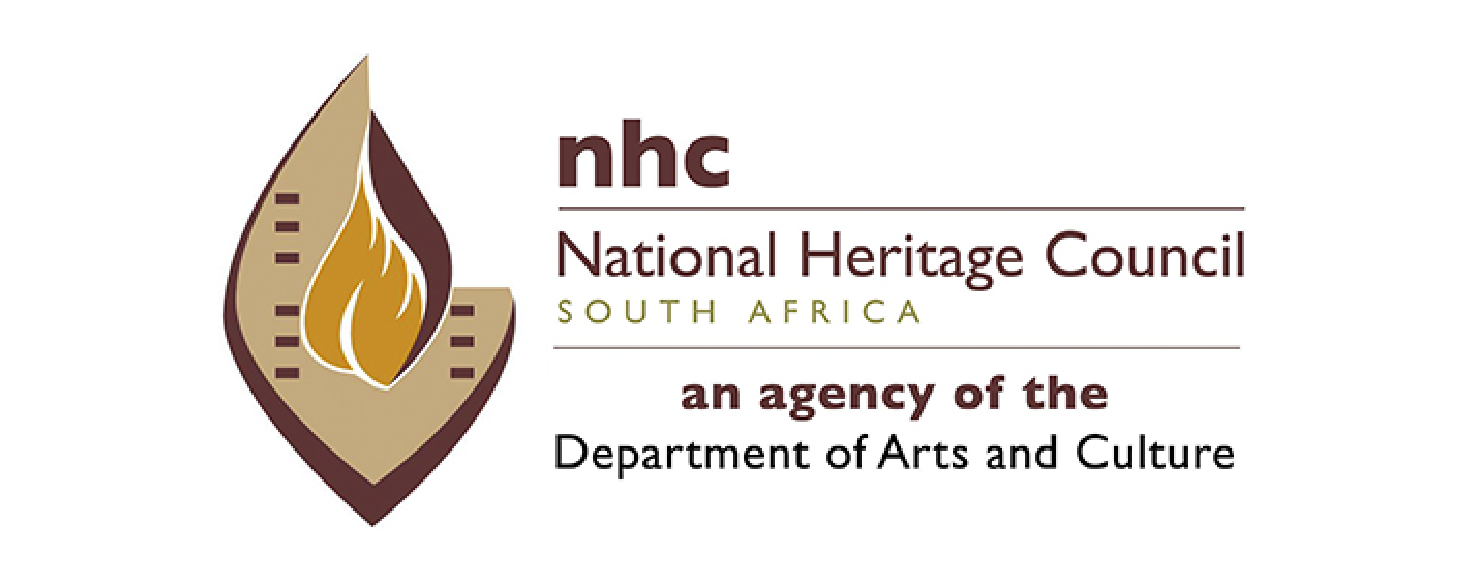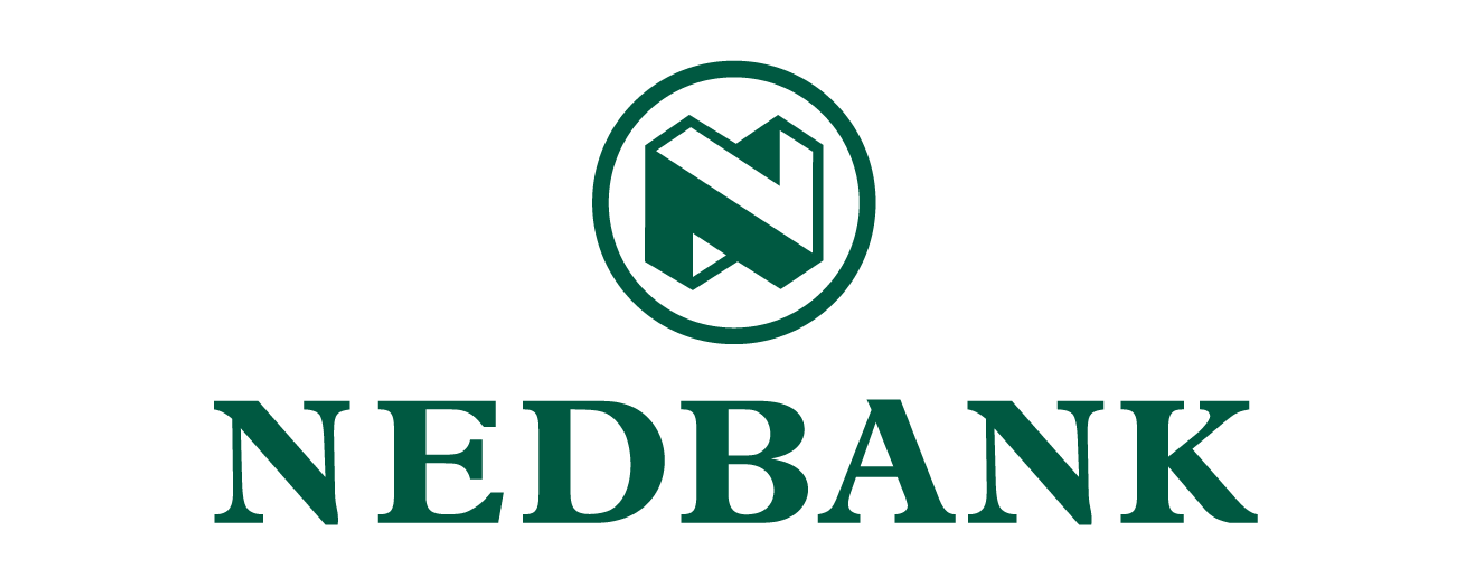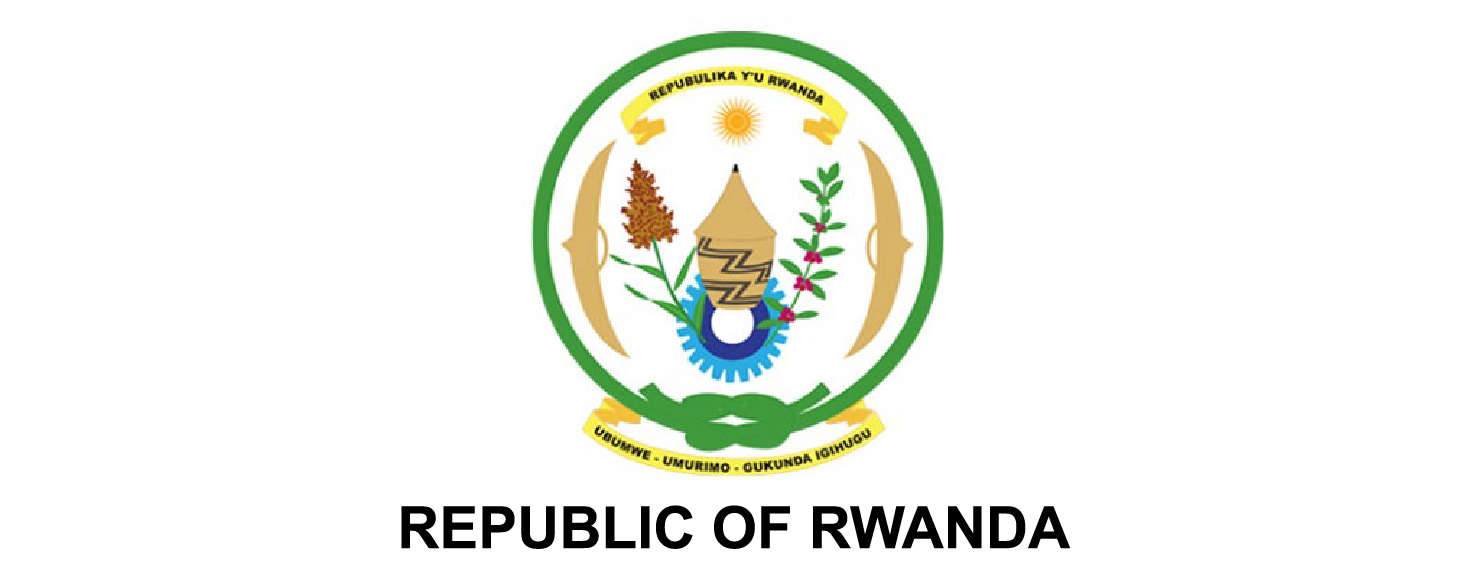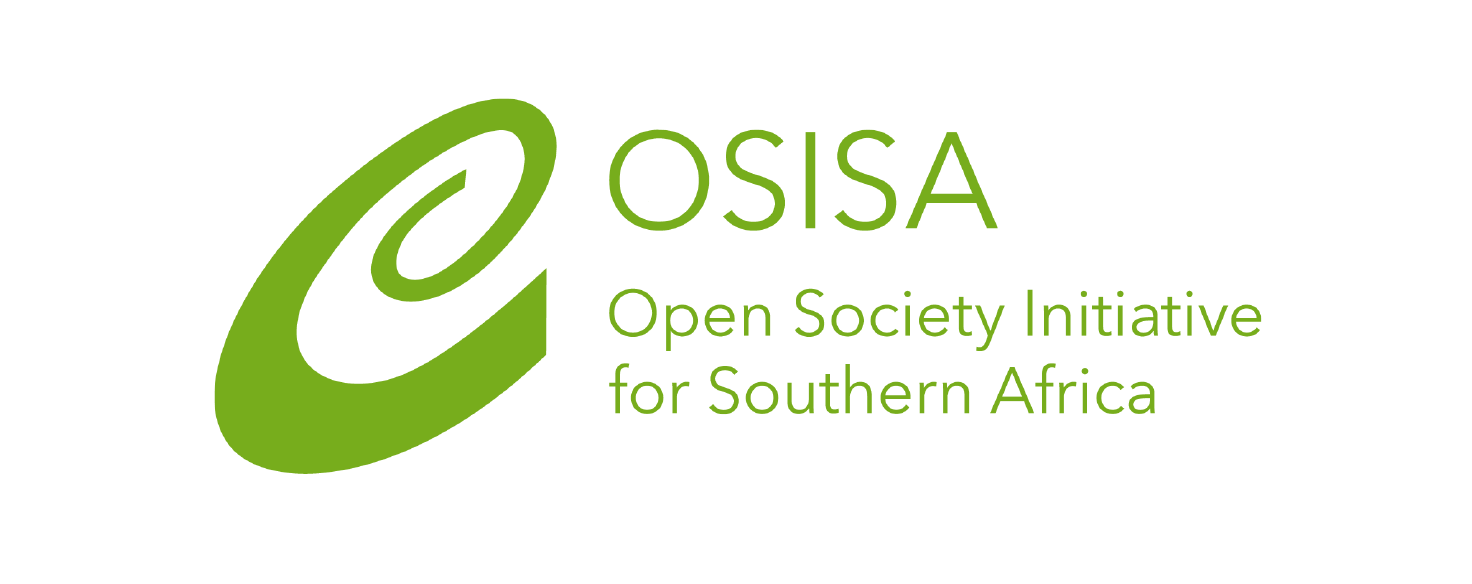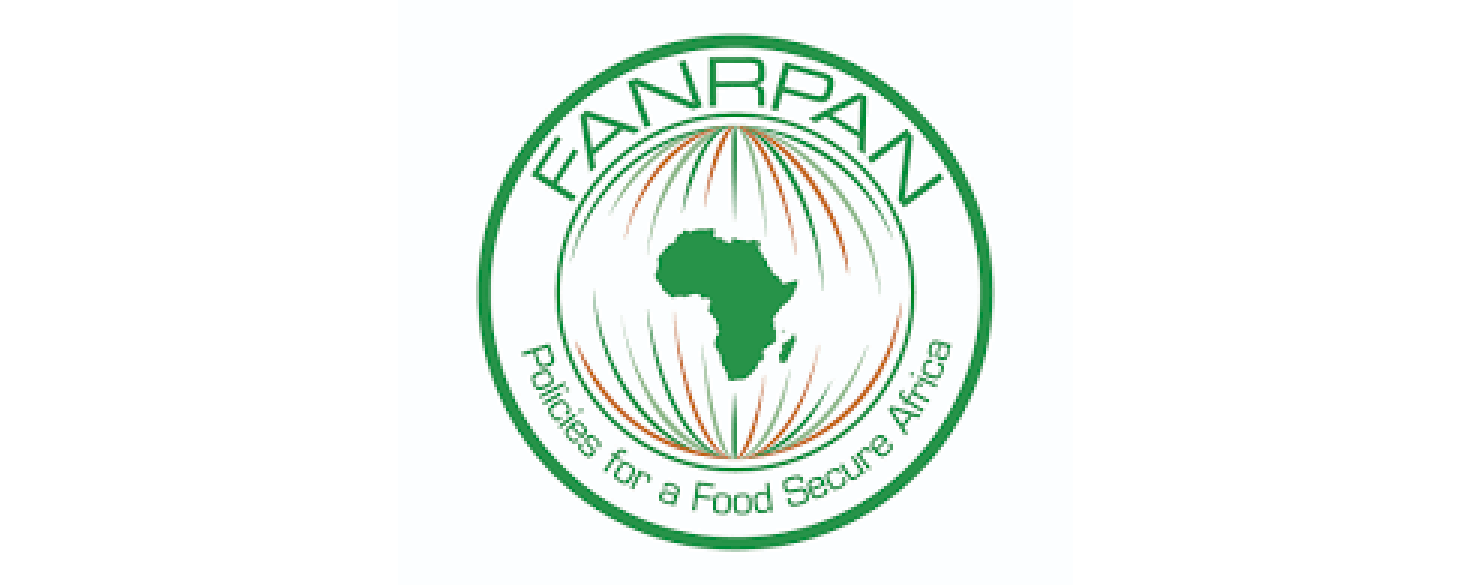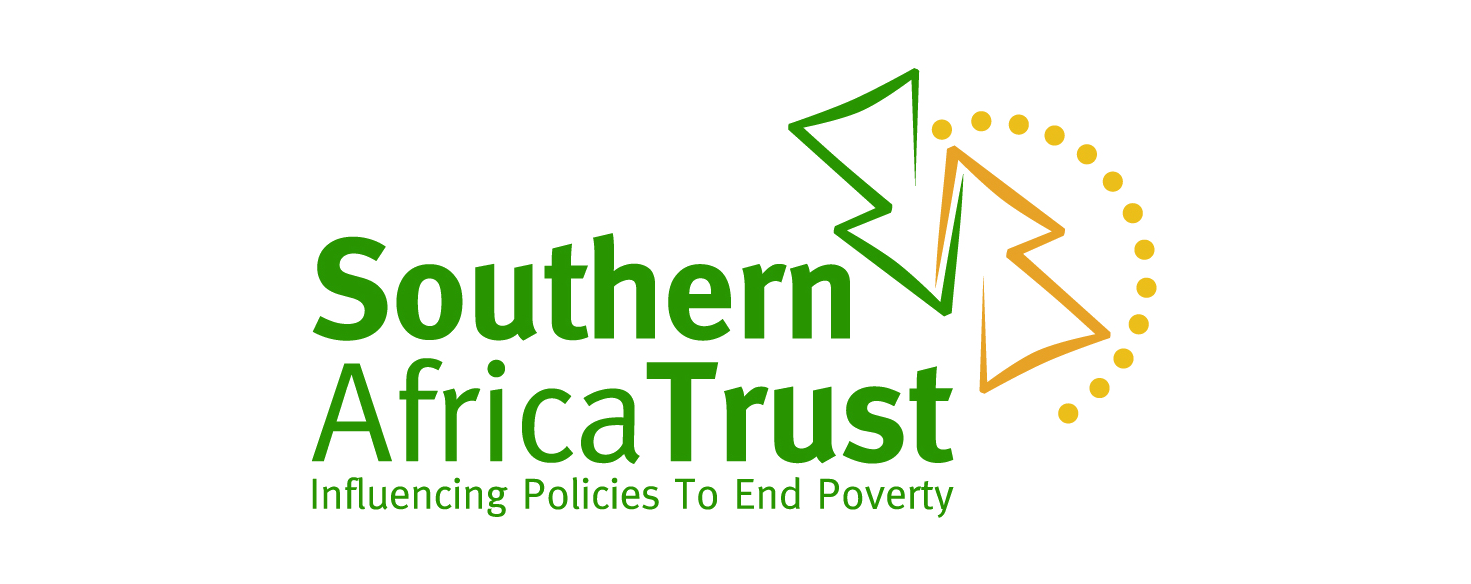ABOUT US
The Mandela Institute for Development Studies (MINDS) is an Africa-wide think tank which provides an inclusive platform for dialogue, information dissemination and networking.
Our programmes are underpinned by rigorous research into all aspects of African Heritage, in order to shape policy and practice on critical issues of governance, integrated economic development and the evolution of African institutions.
Through our programmes we seek to address the short, medium, and long-term developmental challenges facing Africa in a holistic and comprehensive manner.
BACKGROUND AND RATIONALE
In most African states, it would appear that policy formulation and implementation could be greatly enhanced through the creation of an institution that is independent from government and political parties. Such an institution would be resourced to have capacity for formulating policy proposals for public debate in a non-partisan manner. Over time, governing political parties gradually lose the capacity and appetite for the robust debate that is necessary for the formulation of policies that are capable of underpinning the implementation of measures necessary for sustained development.
Most African institutions that are involved in policy formulation proposals tend to be official or public sector institutions. Two challenges arise from this ownership and dependency on public funding. The first challenge is how these institutions can, under these circumstances, take and maintain an independent and when necessary, challenging stance towards their paymasters. Secondly, if they are set up by the government of the day, then in all probability their staff will, from the very beginning, be chosen on the basis of their views being in alignment with the government of the day. In this situation, the value that derives from an institution that has a different perspective on issues is lost.
This justifies the establishment of a complementary and independent institution.
The addition of an independent facet to policy formulation proposals and debate will introduce a point of view that should be value additive to public institutions work. The Mandela Institute for Development Studies (MINDS) established in 2010, emerged out of a simple and rather obvious observation that development efforts in Africa have hitherto failed to meet expectations with respect to social, institutional and economic outcomes in comparison to other regions.
MINDS is an Africa-wide think tank which provides a forum for dialogue, information dissemination and networking, underpinned by rigorous research on the different elements of ‘Africanness’ in order to shape policy and practice on governance, economic development and the evolution of African institutions. It seeks to address the short, medium, and long-term development challenges in Africa.
The central hypothesis in setting up MINDS is that effective and sustainable development can only be achieved if development policies and practices are founded on the cultural heritage, value and knowledge systems and institutions of the people who are the subjects or beneficiaries of the development interventions.
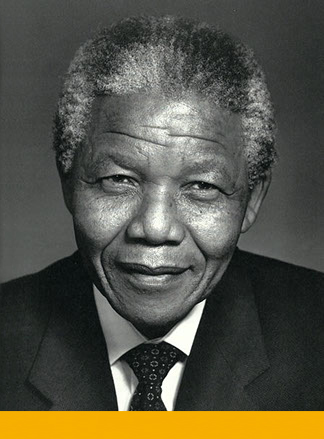

It is my hope that the Mandela Institute for Development Studies (MINDS) will make a real difference in the resolution of the challenges that confront Africa, through a vibrant and robust debate, interrogating current paradigms, and offering new approaches.
Nelson Rolihlahla Mandela
VISION
MINDS’ vision is to have African societies attain democracy, economic prosperity, social inclusiveness as well as their rightful place in the global community on the basis of a keen self awareness.
MISSION
Based on the above, the mission for MINDS is to provide a forum for dialogue, information dissemination and networking, underpinned by rigorous research on the different elements of African heritage in order to shape policy and practice on governance, economic development and the evolution of African institutions.
CORE VALUES
![]() Collaboration
Collaboration
To meet the demands of the scarcity of resources MINDS will run on a lean core organisation. There will be no replication of work done by other reputable institutions. Rather, a fully collaborative approach will be used to encourage networking with those institutions doing work that has a bearing on the MINDS agenda.
![]() Dialogue
Dialogue
The convening of dialogues for interested and relevant stakeholders will be central to the MINDS mode of engagement. Through dialogues MINDS will disseminate information and knowledge, create opportunities for the ex change of ideas to influence policy formulation and development practice as well as provide a safe space for net working.
![]() Openness
Openness
MINDS will execute its mandate in an open and transparent manner, making its work accessible to all those who may be interested.
![]() Inclusiveness
Inclusiveness
In all its programmes MINDS will embrace diversity to stimulate constructive tension.
![]() Rigor
Rigor
MINDS will be launched as a privileged ‘child’ because of the Mandela brand.
This status, however, can only be preserved through maintaining a very high standard of delivery.

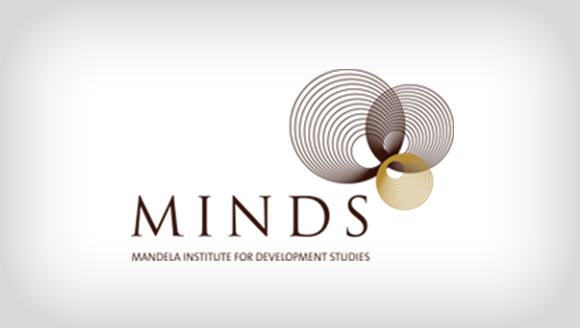 2010
2010 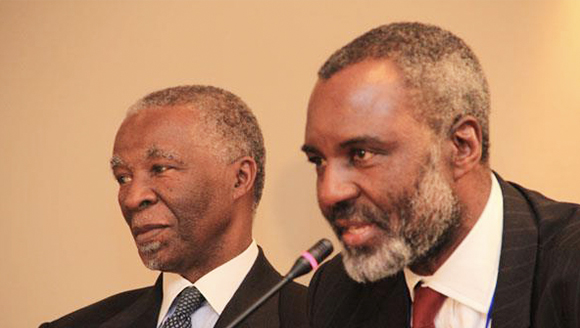 2012
2012 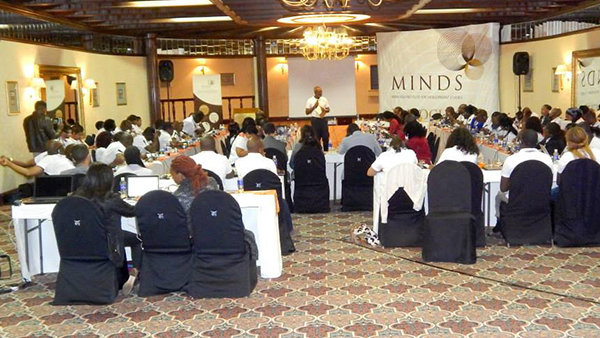 2013
2013 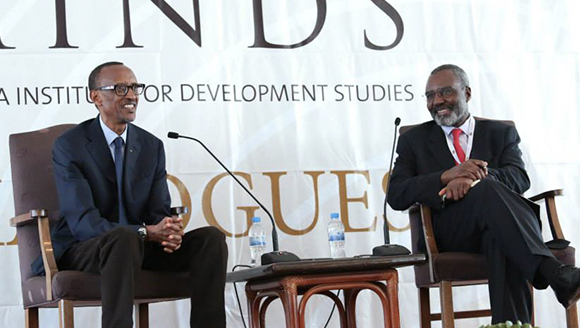 2014
2014  2015
2015  2015
2015  2015
2015  2016
2016  2017
2017 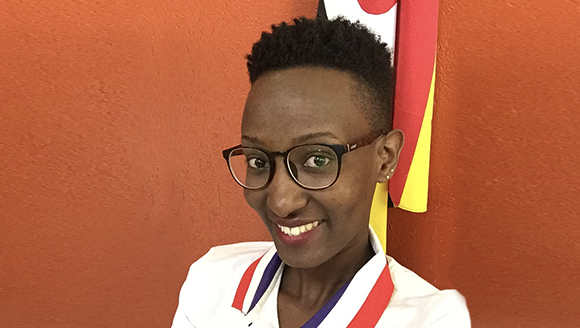 2017
2017 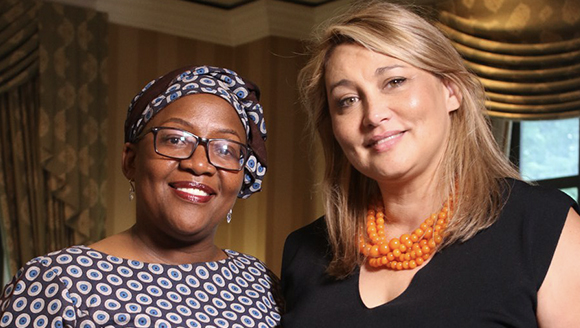 2018
2018 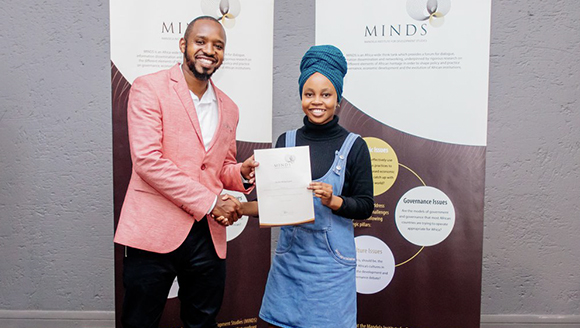 2018
2018 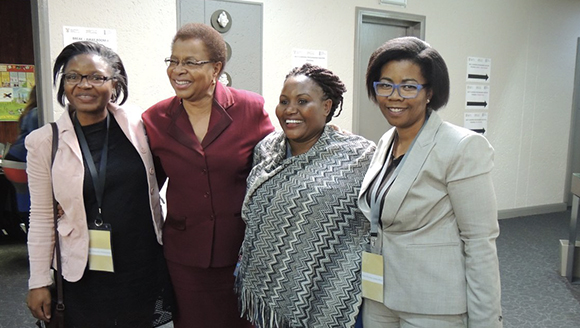 2018
2018  2018
2018 